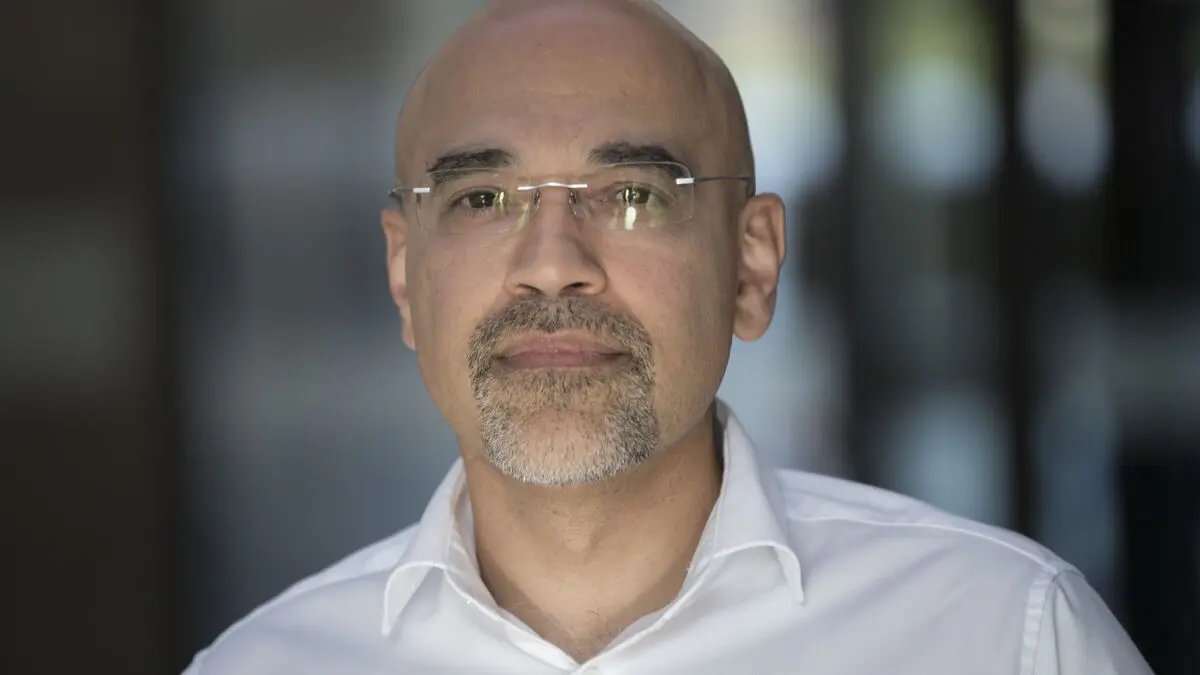As a general rule, a person should have lived in Sweden for eight years to be eligible for Swedish citizenship, unlike the current five years.
The reason given is that the authorities will have more time to gather information about the applicant.
The time when Swedish citizenship was handed out almost effortlessly is definitely over, says Migration Minister Johan Forssell (M) at a press conference.
Another proposal from the government's investigator Kirsi Laakso Utvik is stricter requirements for a decent lifestyle. Already today, a so-called decent life is required – where debts to the Enforcement Authority, a prison sentence, or being classified as a security threat by the Security Service can mean a no to citizenship.
Decent Lifestyle
The stricter requirements for decency mean, among other things, a longer waiting period before a person who has committed a crime can become a Swedish citizen.
It should be required that one has had and is expected to have a decent and honest lifestyle, says Laakso Utvik.
A requirement for self-support to become a Swedish citizen is also proposed.
However, Kirsi Laakso Utvik does not believe that a citizenship conversation, loyalty declaration, or mandatory participation in a ceremony should be introduced, which was a point included in the directives to the investigation and is something that the Sweden Democrats have demanded.
A forced ceremony can be perceived as a duty rather than a celebration. It can have the opposite effect, she says.
Ludvig Aspling, the Sweden Democrats' migration policy spokesperson, tells TT that the loyalty declaration has symbolic value.
But considering this report, it's the least important part. What's important is that we're changing the conditions for becoming a citizen, he says.
"Should Mean Something"
Aspling, however, believes that some of the proposals need to be tightened. For example, he wants the legislation to apply to ongoing cases when the law comes into force, instead of the transition period that the investigator proposes.
It's very important that as many as possible are covered by the new rules, he says.
According to Migration Minister Johan Forssell, becoming a Swedish citizen "should mean something".
It should be something to strive for, it should be a receipt for working and contributing to society. Something you earn, simply.
The proposals are expected to come into force on June 1, 2026.
Some of the proposals in brief:
The residence time in Sweden for citizenship is increased from five to eight years.
The requirements for a decent lifestyle are tightened. This means it will be harder for someone who has committed a crime or has debts to become a Swedish citizen.
A requirement for self-support is introduced. However, this does not apply, for example, to students.
The requirements for knowledge of Swedish and social studies are increased.
The proposals are expected to come into force on June 1, 2026. However, the investigator wants ongoing cases to be able to be covered by a transition period and be tried under current legislation.
The proposal is expected to cost the Migration Agency 18 million kronor annually. It will be partially financed by increasing the application fee for citizenship from 1,400 to 2,900 kronor.






